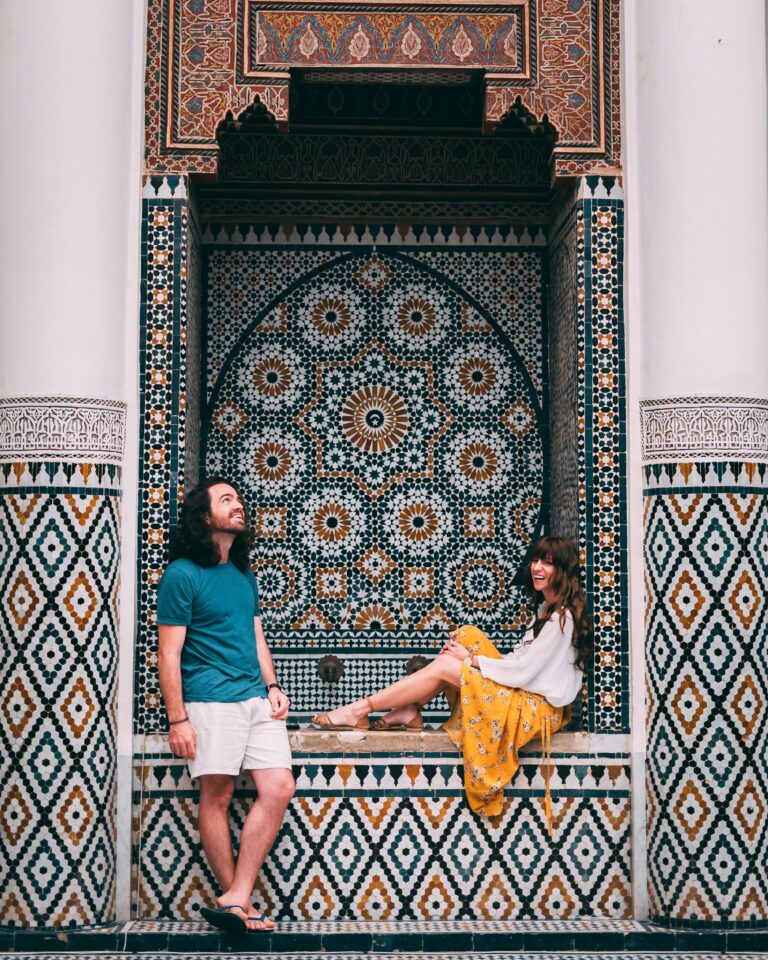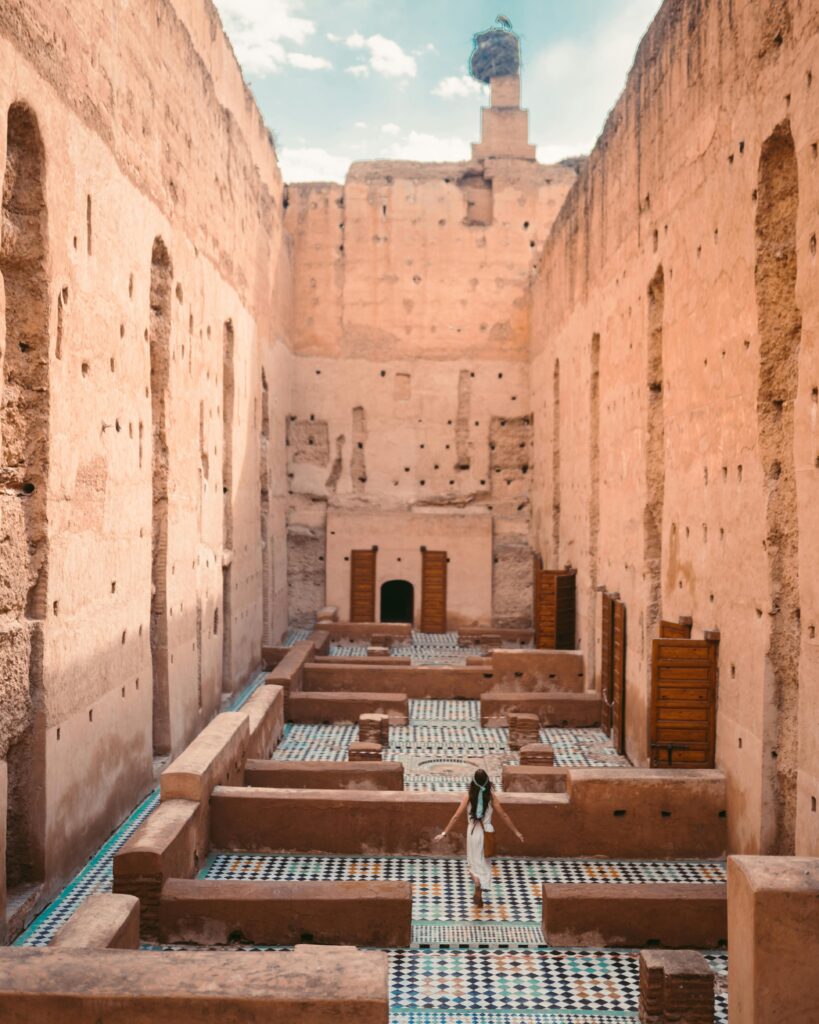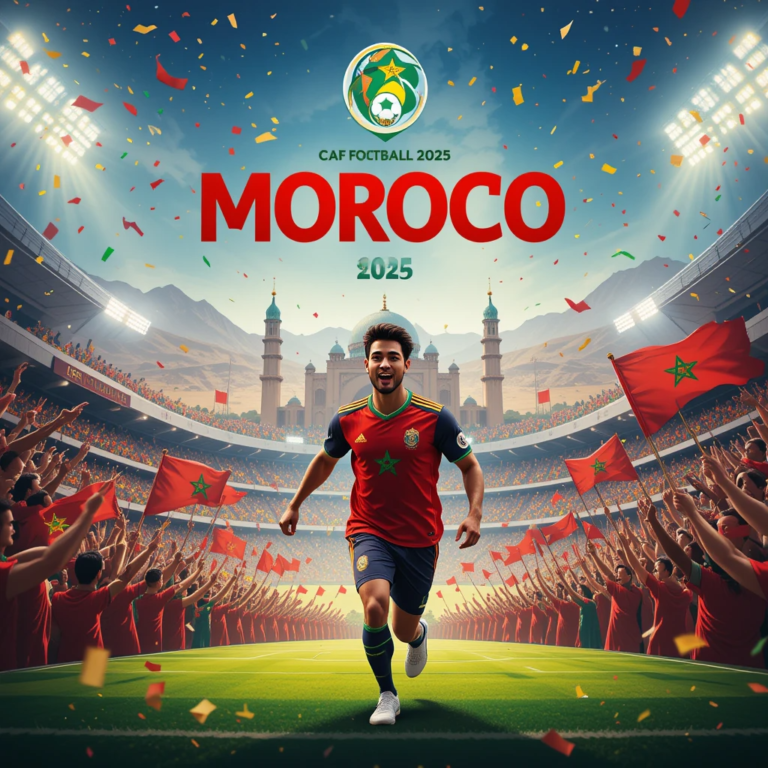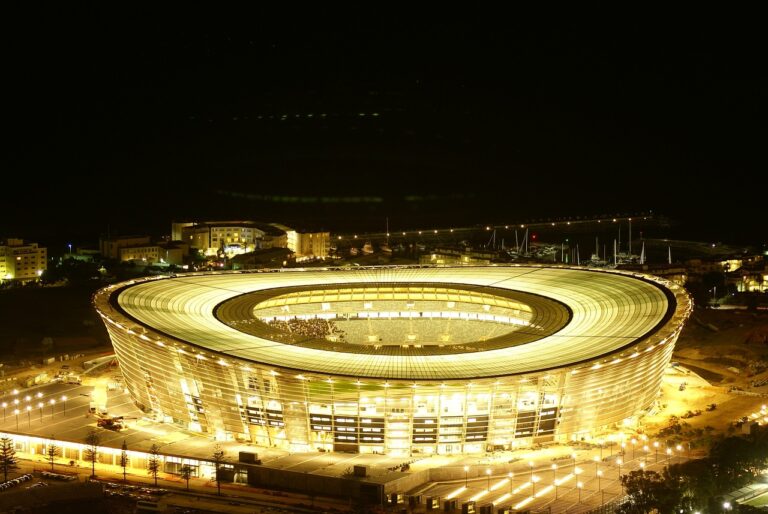The World of Tourism: A Closer Look at Morocco
As the world continues to evolve in the wake of globalization, tourism has emerged as a pivotal sector that not only serves to promote cultural exchange but also significantly contributes to the economies of nations. Among the plethora of destinations vying for the attention of global travelers, Morocco stands out as a unique and enchanting locale, ripe with historical significance, stunning landscapes, and vibrant cultures.
The Allure of Morocco
Morocco, located in North Africa, offers an extraordinary blend of Arab, Berber, and French cultural influences, making it a haven for tourists seeking both adventure and authenticity. From the bustling souks of Marrakech, with their intricate handicrafts and fragrant spices, to the serene beaches of Essaouira and the breathtaking vistas of the Atlas Mountains, Morocco is a land of contrasts and surprises.
The country’s diverse geography caters to a wide range of interests. The expansive Sahara Desert invites adventurers for camel treks and night camping under the stars, while the rugged coastline along the Atlantic Ocean attracts beach enthusiasts and surfers alike. Moreover, the imperial cities—Marrakech, Fes, and Meknes—are replete with historical architecture, providing insight into Morocco’s rich past.
Economic Impact of Tourism in Morocco
Tourism is a driving force in Morocco’s economy, supporting millions of jobs and generating significant revenue. According to the Moroccan Ministry of Tourism, the sector accounts for a noteworthy portion of the nation’s GDP, and the government has invested heavily in infrastructural improvements to make the country more accessible and attractive to tourists.
These developments include upgrading airport facilities, enhancing road networks, and promoting sustainable tourism practices that aim to minimize the environmental impact while maximizing visitor experience. By diversifying its tourism offerings, Morocco appeals to a variety of demographics, from luxury travelers to backpackers seeking budget experiences.
Cultural Heritage and Authentic Experiences
One of the standout features of Moroccan tourism is its ability to captivate visitors with authentic cultural experiences. Traditional Moroccan hospitality is renowned worldwide, and many visitors find themselves welcomed into local homes for a meal, immersing themselves in the rich flavors of Moroccan cuisine, such as tagines and couscous.
Craftsmanship and artisanal traditions also play a significant role in the Moroccan tourism experience. Tourists are often drawn to the vibrant artisanal markets, where they can purchase handmade goods—rugs, ceramics, leather goods, and more—that reflect the skill and artistry of local craftsmen. This creates an invaluable opportunity for cultural exchange and understanding, as visitors learn about the stories and techniques behind these exquisite products.
Adventure Tourism in Morocco
As adventure tourism gains momentum globally, Morocco has positioned itself as a formidable player in this arena. The high peaks of the Atlas Mountains attract hikers and trekkers, while the coastal town of Taghazout is known for its exceptional surfing conditions.
Furthermore, the Sahara Desert offers an adventure unlike any other, where visitors can embark on thrilling desert safaris or take part in traditional Berber music and dance performances around a campfire. The sense of adventure combined with the intoxicating beauty of the desert landscape captivates visitors and leaves a lasting impression.
Sustainability in Moroccan Tourism
The growing awareness of environmental sustainability has also reached the Moroccan tourism sector. In recent years, the Moroccan government and various stakeholders have recognized the importance of promoting sustainable tourism practices to protect the nation’s rich landscapes and cultural heritage.
Initiatives include eco-friendly accommodations, conservation programs in nature reserves, and community-based tourism that empowers local populations. This holistic approach not only preserves the environment but also enhances the cultural experience for travelers, allowing them to connect more deeply with the places they visit.
Challenges and the Future of Tourism in Morocco
While Morocco enjoys a robust tourism industry, it is not without its challenges. Factors such as fluctuating global economic conditions, political instability in the region, and the ongoing impacts of the COVID-19 pandemic have tested the resilience of Morocco’s tourism sector.
As the world gradually moves toward recovery, it is essential for Morocco to adapt and innovate. Enhanced marketing strategies targeting diverse international markets, coupled with investments in technology and improved customer service, will be crucial in re-establishing Morocco as a premier tourist destination.
Moreover, fostering collaboration between government entities, local communities, and the private sector will create a unified front that prioritizes the sustainable growth of tourism, ensuring that it benefits both travelers and the people of Morocco.
Conclusion
In summary, Morocco encapsulates the essence of tourism in the modern world—a celebration of culture, adventure, and sustainable practices that echo through the bustling markets of Marrakech and the tranquil sands of the Sahara. As the nation continues to navigate the challenges and opportunities of the tourism sector, Morocco remains positioned as a beacon of diversity and richness, inviting travelers from around the globe to explore its myriad wonders.
Morocco stands not just as a destination, but as a testament to the power of tourism to bridge cultures, foster understanding, and create lasting memories. Whether one seeks the thrill of adventure or the calm of a historical journey, Morocco promises an experience that will linger in the hearts of its visitors for years to come.






